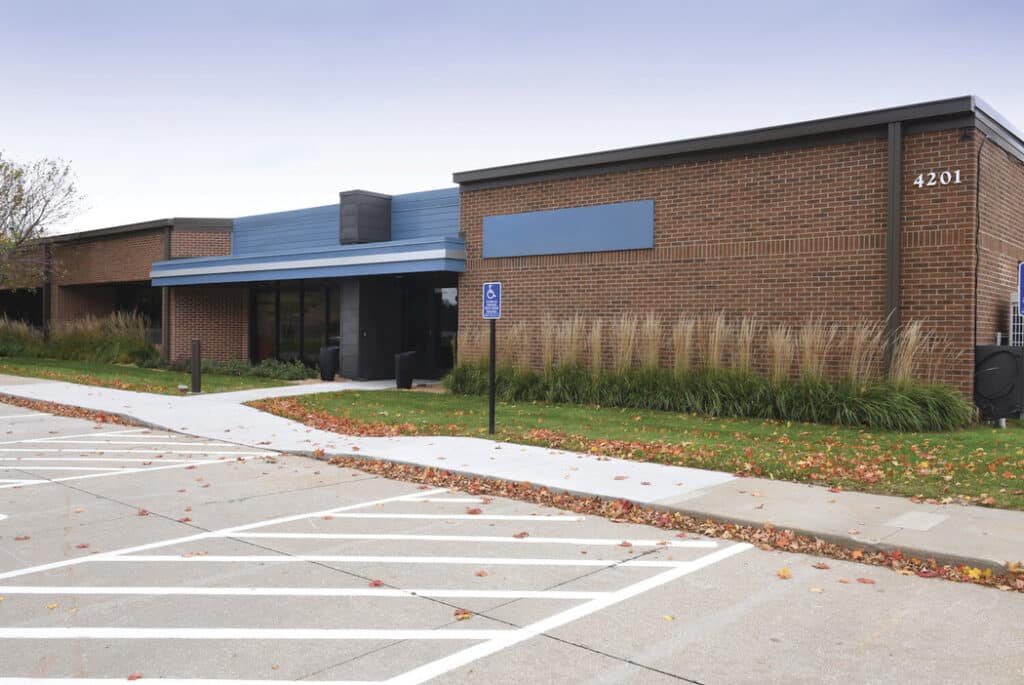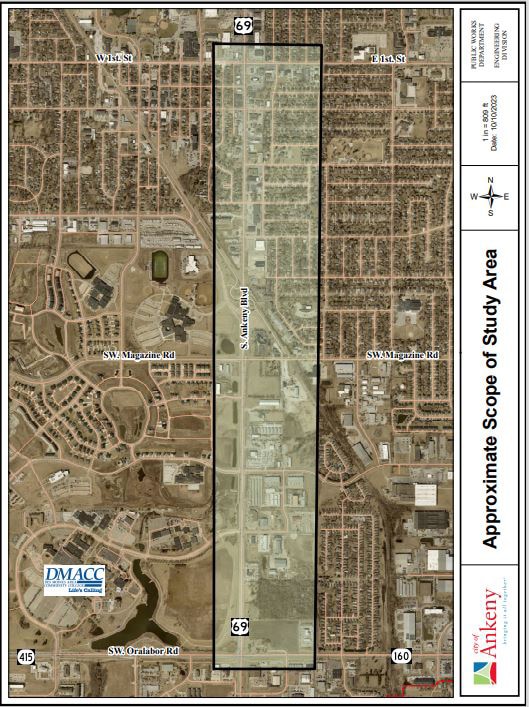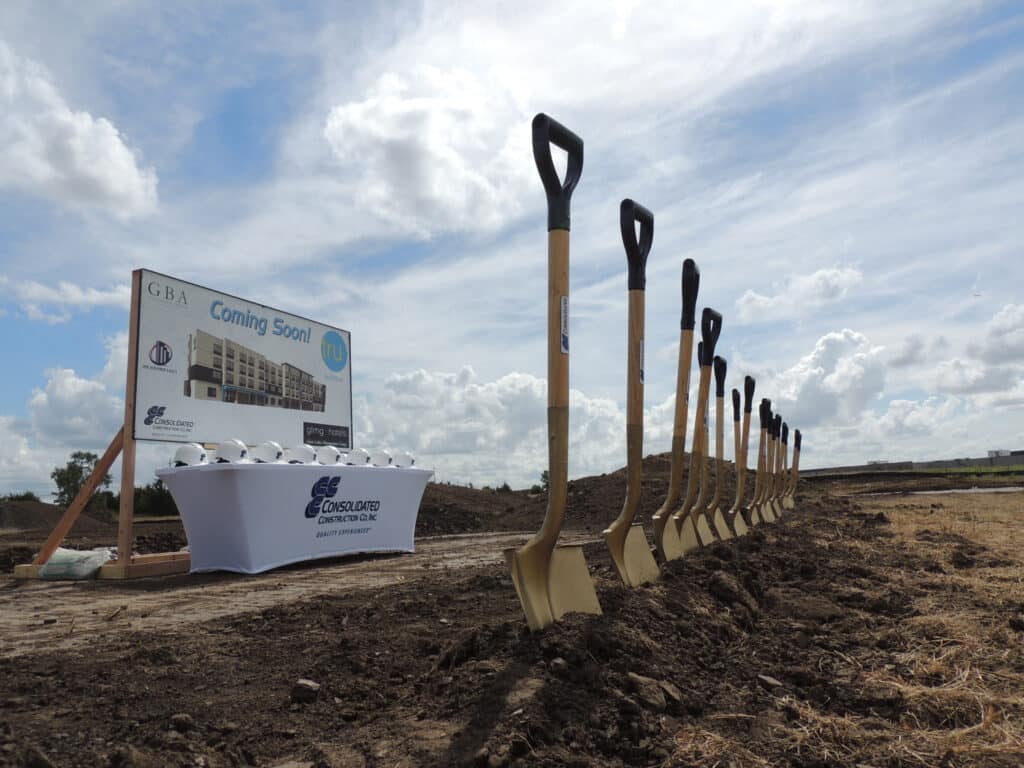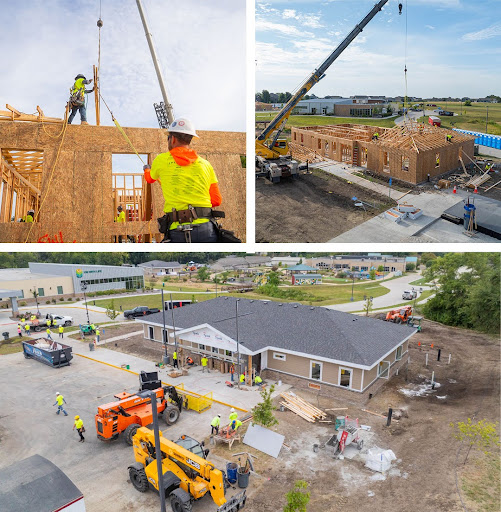Abated taxes are starting to flow to the city

Many deals were made in the rebuilding of downtown Des Moines, and tax abatement played a major part. Construct a big building, the city said, and you’ll get a big break on property taxes for a few years.
The corporations benefited. Now it’s the city’s turn.
This year, $127 million in property value – located all across the city, but much of it downtown – will return to the tax rolls. This will generate $5.8 million in tax receipts, of which the city will receive $2.1 million. That reflects a tax-sharing formula that sends 37 percent of property taxes to the city, 39 percent to the Des Moines Independent Community School District, 15 percent to Polk County and 9 percent to other government bodies.
Similar results are scheduled for every year of this decade. By 2019, Des Moines will be taking in $11.8 million more in annual property taxes than it did in 2009, based on the tax abatement agreements now in place.
“We’ve been pretty aggressive users of tax abatement,” said City Manager Rick Clark. “We thought it was a good way to encourage investment in our city.”
The city’s taxpayers, including small business owners who have to do without abatement, often object to the deals that are made. “Through abatement, all taxpayers chip in,” Clark said, “but later those properties are contributors. The underlying idea is to create a larger tax base.”
The properties involved are playing a larger and larger role in Des Moines’ revenue picture, but Clark is quick to point out that it’s no magic bullet for the city’s recent budget troubles. The sums are quite predictable and have long been included in budget planning.
“You shouldn’t think of this as a windfall for new programs,” Clark said. “It will make the financial challenges a little less.”
Although this process adds millions of dollars to the city’s coffers each year, it’s a relatively small part of the city budget. City Finance Director Allen McKinley said the total city budget is about $700 million, although that includes several large operations that are not funded by property taxes. “A lot of property taxes go into the general fund, which is about $135 million,” McKinley said. He noted that property taxes also go toward debt service.
Tax abatement comes into play all across the city – which has more than $11 billion worth of commercial and residential properties – but here’s a look at the core of downtown Des Moines: This year, $78 million worth of property is exempt from taxes because of various abatement agreements. Of that total, $35 million is commercial property, and $43 million is residential. In 2018, only $7.5 million will remain tax abated, including just $985,000 in commercial property. This refers to existing tax abatement agreements; more could be entered into by then.
It’s likely that more tax abatement requests will come in for new downtown projects, Clark said, but the deal may grow less sweet. The standard 10-year plan may be cut to five years.
“I’m not prepared to say that it will come to a screeching halt,” Clark said. However, “I think downtown will continue to get stronger as a prime place for investments, and the need for local government to provide incentives will lessen.
“We want to get to the point where market forces sustain development, but we’re not there yet.”









